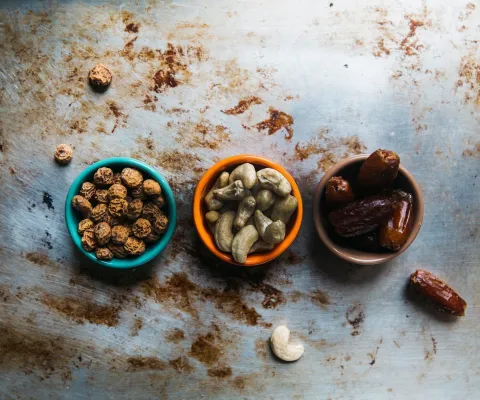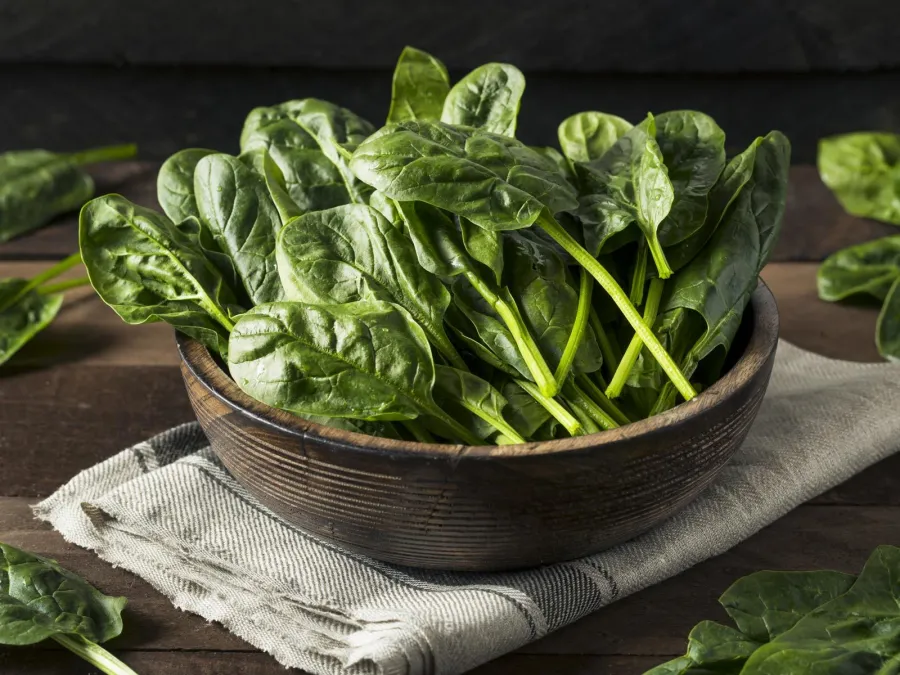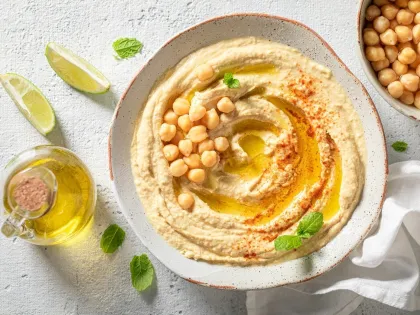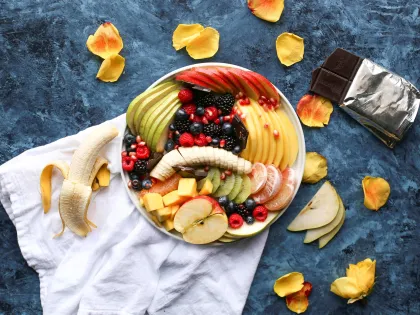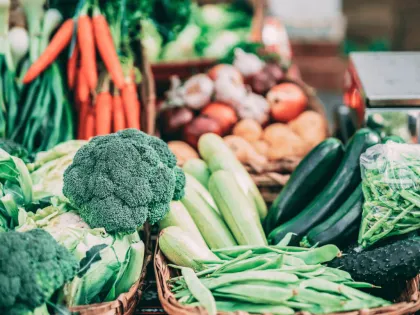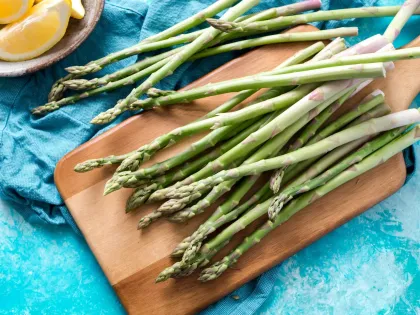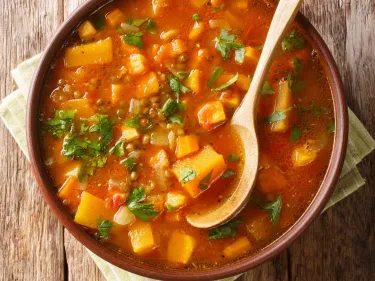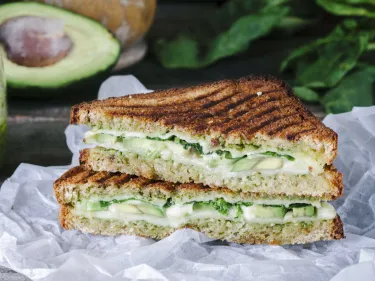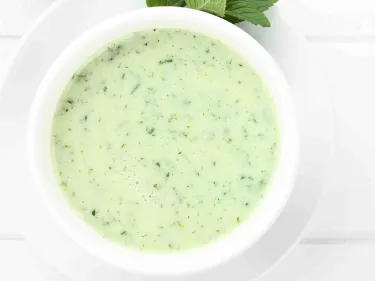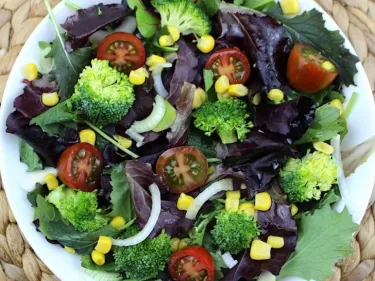There are two types of iron found in food, haem iron and non-haem iron. Iron found in plant-based foods is non-haem iron. Haem iron is found in meat, chicken and fish. The body absorbs about 10% of non-haem iron, compared to 15-35% of haem iron. Iron absorption is low in vegans and vegetarians because the iron found in plant-based foods is non-haem iron.
Iron deficiency can lead to fatigue, reduced productivity and poor concentration, increased risk of infections and poor pregnancy outcomes.
Here are 4 ways you can increase iron intake and absorption if you are a vegan or vegetarian:
- Eat more iron rich plant-based foods: Some of the best plant-based sources of iron are lentils, soybeans, tofu, fortified cereals, brown rice, oats, nuts and seeds, green leafy veg (e.g., spinach, broccoli)
- Be strategic about when you eat iron-rich foods: Eating foods rich in Vitamin C (e.g., tomato, broccoli, orange, lemon, capsicum, cauliflower) with iron-rich foods can increase iron absorption. Caffeine can limit iron absorption. Try to limit drinks containing caffeine to between meals. This includes drinks such as coffee, tea, cola and energy drinks.
- Use iron cookware: Iron pots and pans can increase iron in your food.
- Consider supplements: Iron supplements can help when people need extra iron (e.g., pregnant women). Ferrous iron salts (ferrous sulphate and ferrous gluconate) are often recommended as they are affordable and well absorbed.
Head HERE for information on how much iron you need.
